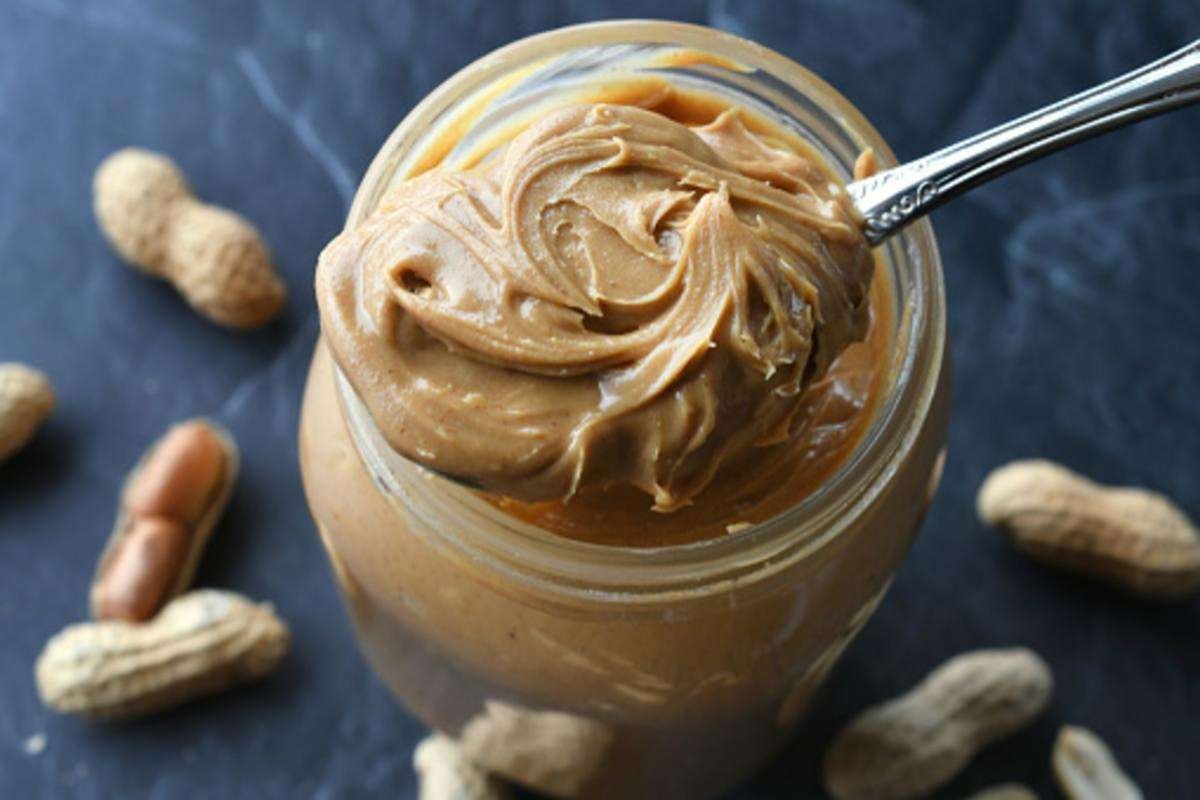Piercing the body can be an intimidating decision for some people. Both men and women have their body pierced and it is an on-going practice. Ear lobe piercing is common in everybody. Other body parts being upper ears, cheeks, navel, tongue, eyebrow etc. Each one has his/her own experience. Each one heals in a different manner post piercing your body.
Body piercing isn’t a natural process, and experts also do not advocate the same. The aftercare process is also an important one to consider. This process allows your body to accept the new piercing done to your body. It takes time to accept the same. A lot of people go through some problems like rashes to the skin post the piercing, infections on the skin, itchiness of the skin and around the pierced part. It may happen due to infections or as the skein is newly pierced, it may happen this way.
Piercing is actually the breaching of the skin’s layer by an external force, which is protecting the body. The skin’s layer is disrupted by an external force while piercing the body. Though some safety precautions can be taken, body piercing isn’t that harmful too. It is an individual choice and each one’s body responds differently to it.
Here is a list of 10 Do’s and Don’ts before Piercing Your Body:
Dos:
1. Research Thoroughly
Before you decide to get a piercing, conduct thorough research. Understand the different types of piercings, their healing times, and the potential risks associated with each. This knowledge will empower you to make an informed decision and choose a piercing that suits your preferences and lifestyle.
2. Choose a Professional Piercer

When thinking about piercing your body, selecting a reputable and experienced piercer is paramount to a successful piercing experience. Look for professionals who operate in a clean and sterile environment, adhere to proper hygiene practices, and have a solid track record of positive reviews from clients.
3. Ask Questions
When you visit a piercing studio, don’t hesitate to ask questions. Inquire about the sterilization methods used, the type of jewelry recommended for the specific piercing, and the aftercare instructions. A professional piercer should be willing to address your concerns and provide clear answers.
4. Follow Aftercare Instructions
Proper aftercare is crucial for preventing complications and promoting healing. Follow the aftercare instructions provided by your piercer meticulously. This might include cleaning the piercing with a saline solution, avoiding touching the piercing with dirty hands, and refraining from swimming in pools or hot tubs during the healing process.
5. Be Patient
Healing times for piercings vary depending on the type of piercing and your body’s individual response. Be patient and allow the piercing to heal naturally. Avoid changing the jewelry prematurely, as this can lead to irritation and infection.
6. Choose Hypoallergenic Jewelry
Opt for hypoallergenic jewelry made from materials such as surgical steel, titanium, or niobium. These materials are less likely to cause allergic reactions and will promote healing.
7. Stay Hydrated and Maintain a Healthy Diet
Staying hydrated and consuming a balanced diet rich in vitamins and minerals can facilitate the healing process. Adequate hydration supports tissue repair, while proper nutrition provides your body with the necessary building blocks for healing.
8. Monitor for Signs of Infection
Pay close attention to your piercing site for any signs of infection, such as redness, swelling, excessive pain, or discharge with an unusual odor. If you suspect an infection, seek medical attention promptly.
9. Stay Mindful of Clothing
Consider the placement of your piercing concerning your clothing choices. Avoid tight-fitting clothing that can rub against the piercing and cause irritation. Opt for breathable fabrics that minimize friction.
10. Seek Medical Advice When Necessary
If you experience persistent pain, swelling, or any concerning symptoms, don’t hesitate to consult a medical professional. They can provide accurate guidance and recommend appropriate treatment, if needed.
Don’ts:
1. Don’t Rush Your Decision

Piercing your body is a permanent modification, so don’t rush the decision-making process. Take the time to carefully consider whether a piercing aligns with your personal style and values.
2. Don’t Self-Pierce
While you may be tempted about piercing your body or let a friend do it, self-piercing significantly increases the risk of complications. Professional piercers have the knowledge and tools to perform safe and sterile piercings.
3. Don’t Ignore Complications
Complications such as infections or allergic reactions should never be ignored. Ignoring such issues can lead to more severe health problems. If you experience any complications, seek medical attention promptly.
4. Don’t Use Harsh Cleaning Products
Avoid using harsh cleaning products such as hydrogen peroxide, alcohol, or ointments on your piercing. These substances can disrupt the natural healing process and lead to irritation.
5. Don’t Touch the Piercing with Dirty Hands
Always wash your hands thoroughly before touching your piercing. Dirty hands can introduce bacteria and increase the risk of infection.
6. Don’t Submerge in Unsanitary Water
During the healing process, avoid submerging your piercing in unsanitary water, such as swimming pools, lakes, or hot tubs. These environments can introduce bacteria and hinder healing.
7. Don’t Change Jewelry Too Soon
Changing the jewelry before the piercing has fully healed can lead to complications, including irritation, infection, and delayed healing. Consult your piercer before making any changes.
8. Don’t Overclean or Overhandle
While cleaning is essential, overcleaning or overhandling the piercing can disrupt the healing process. Follow the aftercare instructions provided by your piercer and refrain from excessive touching. Don’t get stressed out about piercing your body.
9. Don’t Neglect Oral Piercing Care

If you’re getting an oral piercing, such as a tongue or lip piercing, pay extra attention to oral hygiene. Rinse with a saline solution after meals and maintain regular dental care.
10. Don’t Overdo It
Limit the number of piercings you get at once, especially if it’s your first time. Overloading your body with multiple piercings can slow down the healing process and increase the risk of complications.
Complications and Medical Insights:
It’s crucial to understand that complications can arise from piercing your body. Infections, allergic reactions, keloids, and migration of the jewelry are some potential risks. These complications can be exacerbated by poor aftercare or choosing inappropriate jewelry. If you experience any concerning symptoms, consult a medical professional promptly to receive appropriate treatment.
Conclusion:
Piercing your body can be a rewarding form of self-expression, but it’s essential to approach the process with caution and informed decision-making. By following the dos and avoiding the don’ts outlined in this article, you can ensure a safe and successful piercing experience. Remember that professional guidance, proper aftercare, and mindfulness are key to minimizing complications and enjoying your new piercing to the fullest.
Also Read: 5 Things That Happen to Your Body When You Skip Meals







